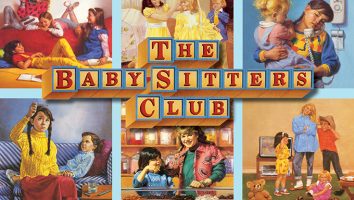READ THE FULL STORY
Create a FREE account to unlock all of our content
and get Kidscreen Daily delivered to your inbox.
- Unlock this article, plus our full content archive on kidscreen.com
- Stay up to date with the latest news in the global kids entertainment industry
- Business insights and thought leadership delivered to your inbox each weekday
Already have an account? Sign in here





















